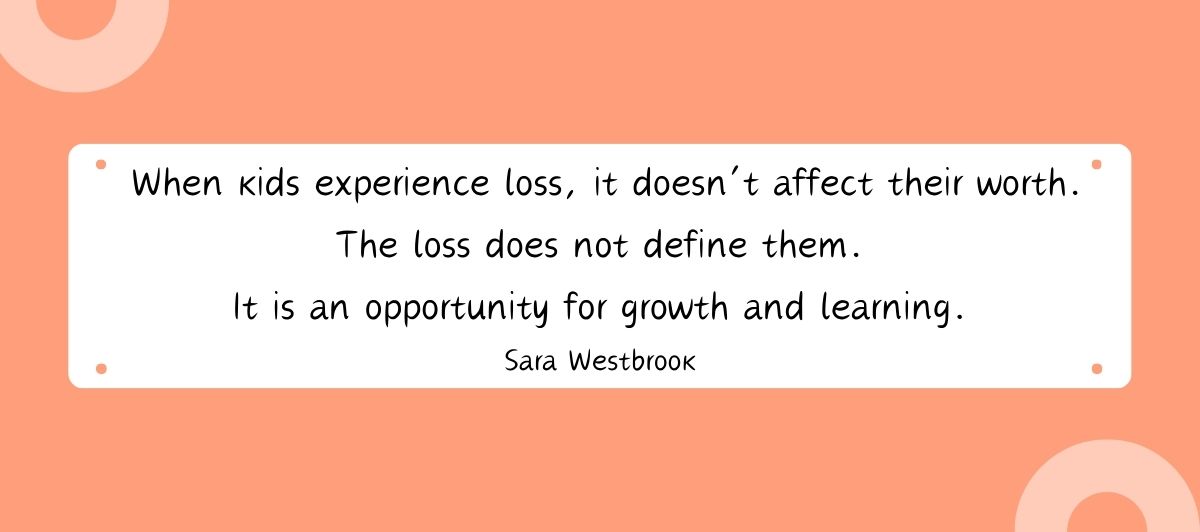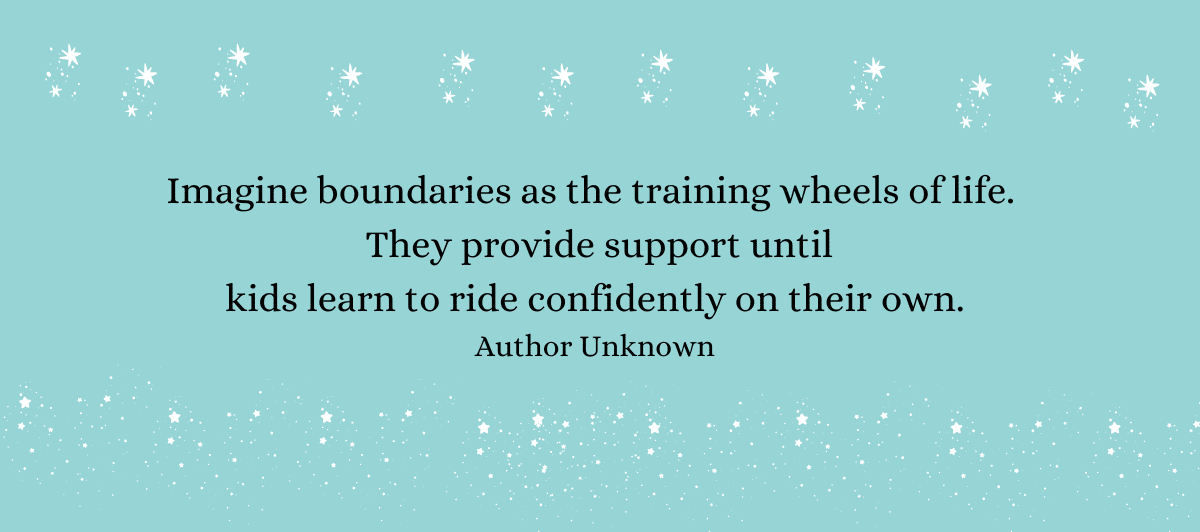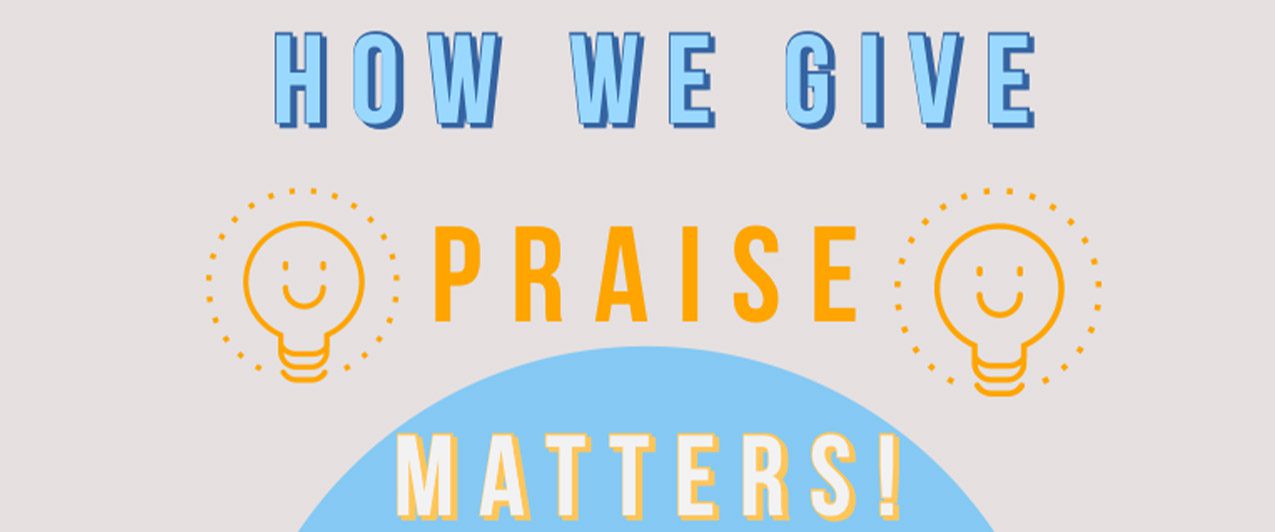
Self Reliant Kids: Power Up Their Mind – Not Their Devices
In today’s world, where technology plays a significant role in a child’s life, it’s easy for kids to become overly reliant on devices. Encouraging self reliant kids is important to ensure they grow up with independence and life skills. Don’t get me wrong, technology has many benefits, however, it can feel like it’s taking over.
When kids are encouraged to trust their abilities, they develop the confidence to tackle challenges head-on. Self reliant kids begin to see the incredible potential within themselves—their ideas, creativity and resourcefulness.
It’s more important than ever to teach kids how to rely on themselves rather than always reaching for a device.
1. Nurture Curiosity over Quick Answers
When your child has a question or faces a challenge, resist the urge to let them turn to a device for answers. Instead, ask questions like, ‘What ideas can you come up with?’ or ‘What’s one thing you could try to solve this?’ This practice will help build self reliant kids.
2. Build on What They Already Know
Encourage your child to recall past experiences or lessons they’ve learned to solve a problem. For example, if they’re stuck, ask, ‘What have you learned before that could help with this?’ or ‘Does this make you think of something you’ve seen or done before?’ Such reflections are pivotal for building self reliant kids.
3. Embrace Challenges as Opportunities to Learn
When your child gets stuck, remind them, ‘It’s okay not to have the answer right away—sometimes our brains need extra time to think.’ This teaches them to trust their mental process instead of defaulting to technology for instant solutions.
This what I know: Encouraging children to trust their own judgment doesn’t mean removing technology; it means guiding them to recognize that their true strength lies within themselves, not in a screen. Self reliant kids learn to rely on themselves first.
Until next time…







